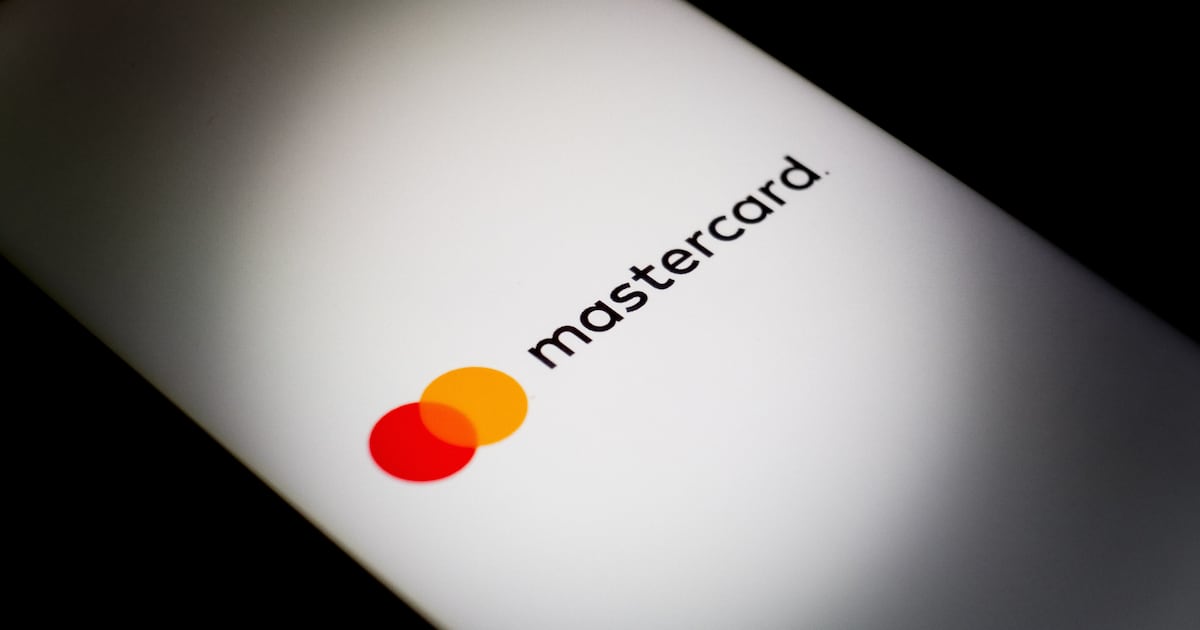The debit card allows users to spend crypto directly from their wallets. Non-custodial wallets allow crypto to be stored and spent without intermediaries. The card can be used at MasterCard’s global network of over 100 million merchants.
According to Mercurio, MasterCard is collaborating with crypto payments provider Mercurio on a euro-denominated debit card called Spend that allows users to pay with crypto directly from their wallets
Such non-custodial wallets allow users to store their crypto without relying on centralized platforms such as exchanges or banks.
The Spend Card can be used at MasterCard’s over 100 million global network of merchants and integrates with both Apple Pay and Google Pay.
For crypto users, SpendCard provides a fast, cost-effective and globally accepted way to transfer and spend crypto directly from their wallets, bypassing the need for traditional intermediaries, the release said.
Mercurio claims that Spend is a multi-chain card, compatible with various blockchains including Ethereum, Solana, Injective, Near, ZKsync, Polkadot, TON and more.
This flexibility allows users to spend crypto assets across different chains.
Users can manage separate balances for their wallet and spend card, giving them more control over their funds.
According to the release, the cards also avoid additional charges and waiting times.
Mastercard has taken another significant stride in the world of cryptocurrency by collaborating with Mercuryo, a European-based crypto payment platform, to introduce a euro-denominated debit card. This card is tailored for users who rely on non-custodial wallets, offering a seamless bridge between decentralized digital assets and traditional financial systems
Key Features of the Collaboration
The debit card, branded as “Spend,” enables users to directly spend cryptocurrencies such as Bitcoin and Ethereum without involving a third-party exchange or bank. This non-custodial approach allows holders of self-managed wallets to retain control over their digital assets while making purchases at over 100 million Mastercard merchants worldwide
The card includes support for multiple blockchain networks, such as Ethereum and Solana, ensuring flexibility for users operating across diverse ecosystems. Fees associated with the card include a €1.60 issuance fee, €1 monthly maintenance, and a 0.95% withdrawal fee
Non-custodial wallets empower users to control their digital assets fully, bypassing intermediaries and enhancing transaction security. This method aligns with the decentralized ethos of blockchain technology, which prioritizes autonomy and privacy. Mastercard’s decision to integrate non-custodial wallets reflects the increasing demand for self-managed digital assets in mainstream payment systems
Mastercard’s Expanding Crypto Footprint
Since incorporating cryptocurrency transactions into its network in 2021, Mastercard has consistently innovated to simplify digital asset usage. Collaborations with entities like Circle, Coinbase, and now Mercuryo underscore its commitment to meeting the growing demand for cryptocurrency services. This latest initiative aims to make digital assets as practical for everyday spending as traditional currencies
Challenges and Future Potential
While this advancement marks a milestone, challenges such as regulatory scrutiny and user education about crypto payments remain. However, Mastercard’s efforts, like the Spend card, are setting a precedent for how traditional finance can coexist with decentralized technologies.
By fostering the adoption of non-custodial wallets and expanding the usability of cryptocurrencies, Mastercard and Mercuryo are not only making crypto payments more accessible but also paving the way for broader acceptance of digital currencies in global markets
Join the community to get our latest articles and updates
